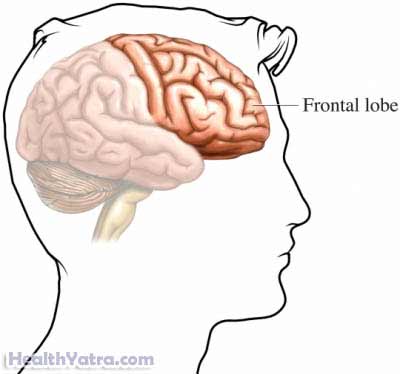Definition
Conduct disorder is a childhood emotional and behavioral disorder characterized by disruptive behavior. Children with conduct disorder have difficulty following rules and behaving in a socially acceptable manner.
Causes
While no specific cause of conduct disorder has been identified, the following are thought to possibly contribute to the development of conduct disorder:
- Brain damage
- Child abuse
- Genetics
- Failure in school
- Traumatic life experiences

Risk Factors
The following factors are thought to increase the risk of conduct disorder:
- Age: younger than 18 years old, usually 7-8 years and older
- Gender: male
- Individual, psychosocial, environmental, and genetic factors
Symptoms
Symptoms of conduct disorder may include:
- Bullying behavior
- Physical fights
- Use of a weapon
- Physical cruelty to people or animals
- Stealing, lying, or deceitfulness
- Forced sexual activity
- Deliberate destruction of property
- Serious violations of rules
- Starting fires
Diagnosis
Your doctor will ask about your child’s symptoms and medical history and perform a physical exam. Your child may be referred to a mental health professional, who will evaluate your child.
Treatment
Talk with your doctor about the best treatment plan for your child. Treatment options include:
Parent Training
Experts can help parents learn to manage their child’s behavior and emotional problems.
Psychotherapy
Behavior therapy and psychotherapy can help children learn to appropriately express and control their anger.
Medications
Psychiatric medicines such as lithium, risperidone, and clonidine may benefit children with conduct disorder. In some studies, lithium has helped to reduce aggression. Currently, there are no medicines that have been shown to be clearly effective in treating conduct disorder.
Prevention
If you are concerned your child may be at risk for conduct disorder, talk with your pediatrician about early intervention options.
Studies have shown that a parenting program called Webster-Stratton Incredible Years can benefit young children who are at risk for conduct disorder.
